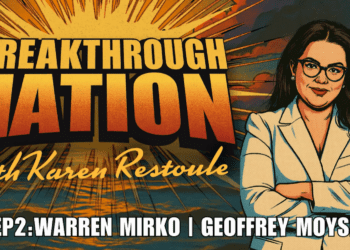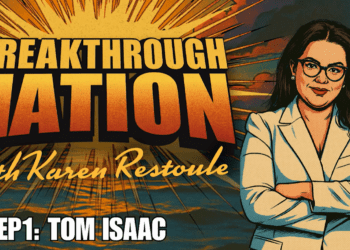La situation sociale et économique des autochtones continue de se détériorer par rapport à celle des Canadiens en général. Comme l’éducation, et particulièrement l’éducation postsecondaire, est l’un des meilleurs moyens d’améliorer les chances de succès social et économique des jeunes autochtones, le Canada se doit de les encourager à obtenir une éducation supérieure et ce, de façon efficace et systématique. À l’heure actuelle, le principal programme du gouvernement fédéral à ce sujet – le Programme d’aide aux étudiants de niveau postsecondaire, ou PAENP – n’arrive pas à aider les étudiants autochtones à s’inscrire et à réussir au collège et à l’université; il ne les encourage pas à s’aider eux-mêmes.
Chaque année, les contribuables canadiens versent 314 millions de dollars au PAENP. Cet argent est transféré des Affaires indiennes et du Nord Canada (AINC) aux bandes autochtones individuelles, et celles-ci s’occupent de distribuer l’argent aux étudiants. Ce système de financement n’est ni imputable, ni transparent; et plus important encore, il n’alloue pas toujours l’argent aux individus ciblés. Les problèmes recensés incluent des surplus utilisés par les conseils de bande pour des dépenses non admissibles; des étudiants placés sur des listes d’attente de financement; des variations régionales substantielles; du népotisme et du favoritisme; et un manque flagrant d’évaluation et d’imputabilité. Le programme est loin d’être une réussite. En fait, tout porte à croire que plusieurs étudiants autochtones se voient refuser les fonds auxquels ils ont pourtant droit.
Alors que plusieurs bandes se sont montrées capables de distribuer les fonds de façon efficace et équitable, plusieurs n’y arrivent pas. C’est pourquoi nous recommandons l’abandon graduel du PAENP et son remplacement par un système qui verrait les fonds pour études postsecondaires versés directement aux étudiants autochtones. Ceci pourrait s’accomplir par le biais d’un régime d’épargne-études autochtone (REEA); un compte serait ouvert à la naissance pour chaque Indien inscrit, un montant de base y serait déposé à la naissance et cet argent gagnerait des intérêts jusqu’à ce que le titulaire devienne admissible à effectuer un retrait. À ce montant de base (plus intérêts) serait ajoutée une somme supplémentaire à l’achèvement de chaque année d’études secondaires. À l’obtention du diplôme d’études secondaires, l’étudiant aurait accès à ces fonds pour aider à défrayer les coûts admissibles d’un programme d’études postsecondaires reconnu, offert dans une école de métier, au collège ou à l’université. Des contrôles stricts seraient mis en place pour s’assurer que l’argent alloué aux frais de scolarité passe directement du compte d’épargne à l’institution postsecondaire et que les dépenses afférentes légitimes (par exemple, les coûts de logement) soient proprement documentées. Ceci permettrait d’éviter les écueils du système actuel et d’assurer la transparence en versant les fonds directement aux étudiants, en plus d’aplanir les différences régionales existantes.
En plus de bénéficier aux jeunes autochtones, les REEA seraient avantageux pour la société canadienne dans son ensemble. Le Canada fait face à une crise démographique: la population vieillit, les baby-boomers prennent leur retraite, avec pour résultat que les jeunes travailleurs qualifiés se feront de plus en plus rares, un problème que l’immigration seule ne pourra régler. La population autochtone est, en moyenne, beaucoup plus jeune que la population canadienne en général. Encourager les autochtones à obtenir une éducation de qualité les aidera à améliorer leur qualité de vie, oui, mais cela contribuera aussi grandement au succès économique futur de tous les Canadiens.




